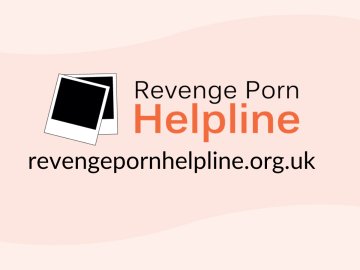For many of us when we go online, our privacy is something that we prioritise. Although we may like to share our holiday pictures and birthday celebrations on social media, there are some things which are just off limits. Specific details such as our home address, or our contact number may be publicly available somewhere, but that doesn’t mean we necessarily want everybody to know about it. Because of this, the act or threat of our personal details being shared online can carry considerable harm and upset to targeted individuals. This is where the term ‘Doxing’ came about.
What is Doxing?
In recent years, the practice of doxing has made considerable headlines within online circles, particularly on social media as well as in gaming communities. In short, it is a practice where individuals or groups expose and publicise private information about a person on the internet without their consent, often for the purposes of causing distress or creating malicious intent.
Personal information can include home addresses, phone numbers, job location, email addresses, and even information about family members or loved ones. Those who commit this act often exploit publicly available information across online platforms such as social media or betray the trust of someone they know; releasing information that was already known prior.
Why Do People Dox?
Due to the varying scenarios that can occur, it is difficult to pinpoint exactly why doxing takes place, but it can be motivated by a number of different factors. Perpetrators may want to target an individual because of a disagreement or a conflict that may have previously occurred. There could be a desire to intimidate or harass someone which can lead to blackmail or other forms of extortion.
In some cases, doxing is associated with online vigilantism, where individuals take matters into their own hands to expose individuals for a perceived crime or a social injustice. If there is malicious intent, a perpetrator may encourage other online users to harass or abuse the individual with the information provided. In some situations, this can lead to real world harm such as stalking, violence and in severe cases, a danger to life. Exposure of personal information can also lead to long-term emotional distress for the victim as well as potential reputational damage. If doxing occurs due to an ‘accusation of abuse’ then this would usually be classed as a criminal matter and the police would need to be involved.
Is Doxing Illegal?
While doxing is not illegal in the UK, it can lead to consequences for the perpetrator if there is malicious intent that leads to harassment of an individual.
Protecting Against Doxing
As a lot of personal information is readily available online, it's important to take steps to protect yourself from information falling into the wrong hands. This includes regularly reviewing privacy and visibility settings on social media platforms and critically thinking about the amount of personal information we choose to share publicly. We must remember that it is very easy to let information slip, so vigilance and caution is required.
You may also consider using online tools such as Reputation Alerts if you feel information has been shared but you’re not sure where or by who.
What If My Information Has Been Shared?
If you are concerned that someone has shared your information online without consent, you can report the individual to the online platform and flag it as a privacy violation. Community guidelines will vary across this area so it’s important to see what different platforms will be able to support with. Information on this can be found on Report Harmful Content. If you feel you are in any danger, always phone the police on 999. It’s important to collect as much evidence as you can so they will be able to understand the situation as best as they can.
Doxing unfortunately represents a side of the internet where individuals can be unnecessarily targeted and harassed. User awareness is becoming increasingly crucial around how to keep our information secure as well as steps we need to take if we fall victim to a doxing attack. By understanding the mechanics of doxing and actively working towards its prevention, individuals can contribute to a safer online landscape.
To learn more about doxing in relation to intimate image abuse, the Revenge Porn Helpline have also put together advice and guidance, which can be found on their website.






